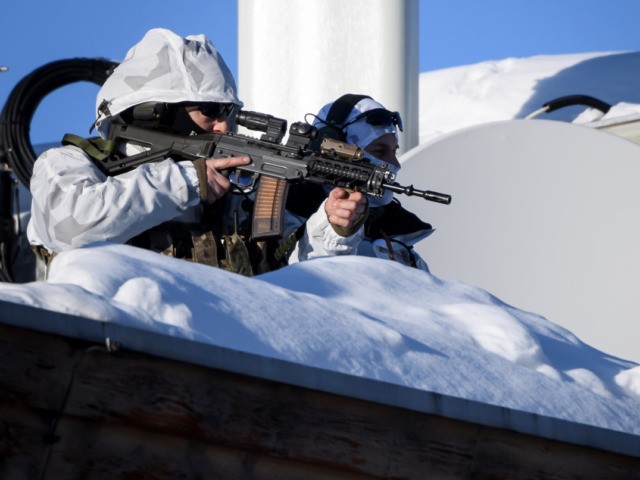Swiss police caught two Russian men suspected of attempting to install spying equipment for the Kremlin at the World Economic Forum at Davos.
Two men, who were carrying Russian diplomatic passports were detained by Swiss Police, suspected of carrying out “preparatory work for spying” by installing surveillance equipment in hotels and cabins in Davos, ahead of the globalist economic meeting attended by world leaders and heads of industry.
The duo posed as plumbers in August of 2019, staying in the upscale ski resort town for three weeks, raising the suspicion of the authorities as it is “an expensive thing for someone who is supposed to make a living by installing pipes and repairing toilets in Russia”, writes the Swiss newspaper Tages-Anzeiger.
When confronted by the police in Davos, the Russian pair presented diplomatic passports. However, the men were not accredited as diplomats in Switzerland, meaning that they would not have had the ability to claim immunity if they were charged with espionage offences.
Following threats from Russian officials, who threatened diplomatic consequences in response to their detention, the two men were allowed to leave the country.
On #DavosToday, @BillBrowder told @AxelThrelfall that the Swiss security service foiled a Russian operation that targeted him. 'They were posing as plumbers – when they were arrested, they presented their diplomatic passports and left the country' #wef20 #reutersdavos pic.twitter.com/JjH8IIkDPi
— Reuters (@Reuters) January 21, 2020
One possible target of the operation is the CEO of Hermitage Capital Management, Bill Browder, who The New Yorker described as Vladimir Putin’s “Public Enemy No. 1”.
Mr Browder is credited with the introduction of the 2012 Magnitsky Act in the United States, which placed heavy sanctions on top Russian officials following the death of Mr Browder’s attorney Sergei Magnitsky in a Moscow prison in 2009.
“It is both terrifying that the Russians are doing this but it also shows that my campaign for sanctions is hitting a nerve and I’m not going to back down”, Browder told The Times.
“Davos is one of the few places where I can directly confront Russian officials with human rights violations”, Browder told Reuters.
Russian espionage activities have ramped up in Europe over the past few years. A cyber-espionage unit from the Russian military intelligence agency, GRU, was caught while conducting an operation at The Hague in 2018.
Another GRU unit was discovered operating for months near Geneva, spying on a Swiss lab that was investigating the poisoning of Sergei Skripal and his daughter in the UK in March of 2018, according to Tages-Anzeiger.
In response to the latest allegations of espionage in Davos, the Russian embassy in Bern told the BBC that the Swiss newspaper that broke the story was trying to “whip out a scandal out of nothing”.
LATEST: Victim of Salisbury 'Unknown Substance' Incident Is Russian Spy https://t.co/B5z2aT10qA
— Breitbart London (@BreitbartLondon) March 5, 2018
Follow Kurt on Twitter at @KurtZindulka

COMMENTS
Please let us know if you're having issues with commenting.